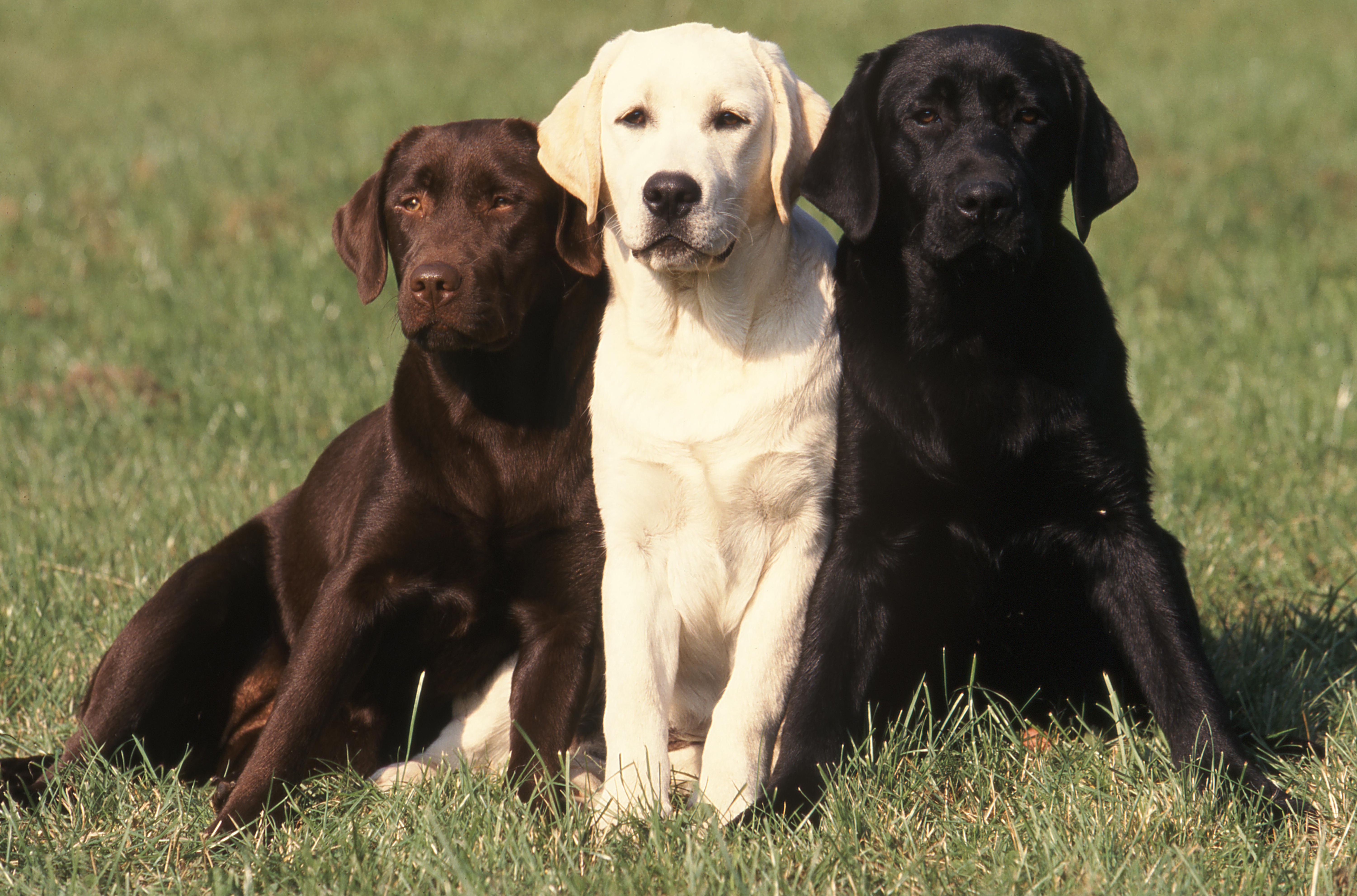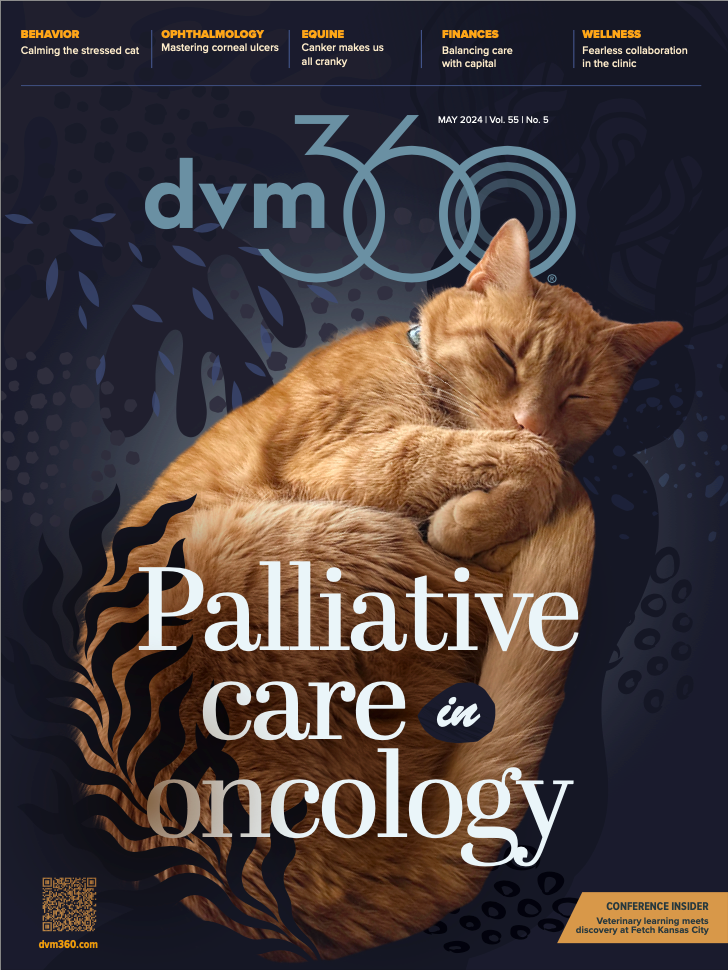Retrievers have a mutation that makes them hungrier, study discovers
Labradors and flat-coated retrievers could have a gene that causes hyperphagia
CALLALLOO CANDCY / stock.adobe.com

Retrievers are known for eating anything and everything and are always excited to eat. This trait even gets them in trouble of ingesting harmful objects that cannot be digested and need veterinary intervention. However, a new study published in the Science Advances journal found that a genetic mutation may actually be the cause of this excessive hunger.1 Overall, the study found that 1 in 4 Labrador retrievers and 2 in 3 flat-coated retrievers (FCRs) have the genetic mutation. This excessive hunger could also contribute to the breeds’ rising obesity levels.
In Labrador retrievers, researchers identified a 14 bp deletion in pro-opiomelanocortin (POMC). The POMC mutation disrupts the production of β-MSH and β-Endorphin neuropeptides that are usually involved in switching off the feeling of hunger after eating a substantial meal.1,2 So, dogs with the POMC mutation feel hungry even after eating enough. This research is not suggesting that these dogs are not eating enough, it’s more so that these dogs just feel hungry when they no longer should.
A similar study conducted in 2016 evaluated this same phenomenon, further confirming this genetic mutation’s prevalence.2 Labrador retrievers tend to be more motivated by food and have a higher prevalence of obesity than other dog breeds. Eleanor Raffan, PhD, veterinary surgeon and geneticist at the University of Cambridge was an author on both studies. She said, “Whenever there’s something more common in one breed than another, we think genetics are involved.”2
The most recent study did further experiments and found that dogs with this mutation feel hungrier between meals and burn less energy than those without.1 From there, researchers aimed to dive deeper into how this mutation can impact a dog’s overall health and quality of life.
The initial experiment observed Labradors and FCRs in the laboratory 3 hours after eating breakfast at home. Each dog was presented with a sausage, encased within a plastic container with holes to allow the dogs to smell the sausage, but without access to consume it. Subsequently, the researchers observed and recorded the behavioral responses of the dogs towards the container, noting the duration and manner of interaction. The results revealed a notable disparity among subjects possessing the POMC mutation, evidencing a significantly heightened focus on the enclosed sausage container, with their engagement exceeding that of their non-mutated counterparts by approximately twice the duration.1,3
“[Dogs with the mutation] get a kind of double whammy of both eating more and burning off fewer calories, meaning that they’re predisposed to obesity from both directions,” Raffan told Scientific American.3
References
- Dittmann MT, et al. Low resting metabolic rate and increased hunger due to β-MSH and β-endorphin deletion in a canine model. Sci Adv.2024;10(10). doi:10.1126/sciadv.adj3823
- Raffan E, Dennis RJ, O'Donovan CJ, et al. A Deletion in the Canine POMC Gene Is Associated with Weight and Appetite in Obesity-Prone Labrador Retriever Dogs. Cell Metab. 2016;23(5):893-900. doi:10.1016/j.cmet.2016.04.012
- Bartels M. Tubby Labradors may be at the mercy of their genes, not just too many treats. Scientific American. March 6, 2024. Accessed March 22, 2024. https://www.scientificamerican.com/article/many-labrador-retriever-dogs-really-are-hungry-all-the-time-its-in-genes/
